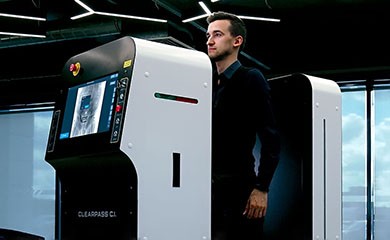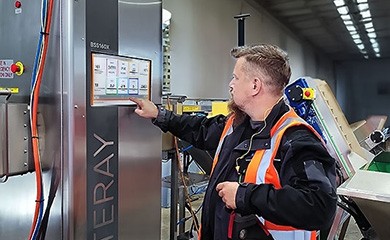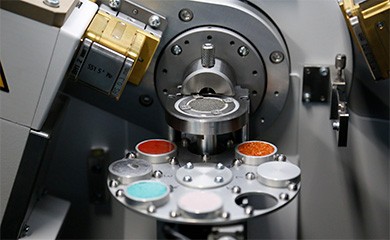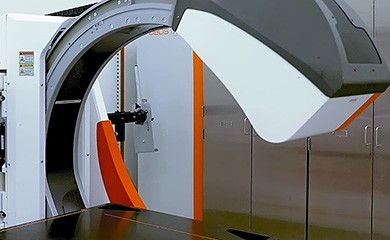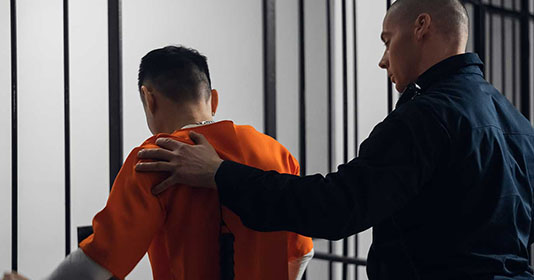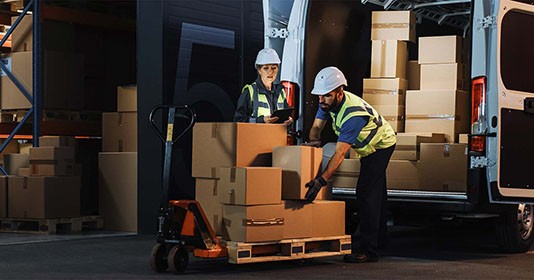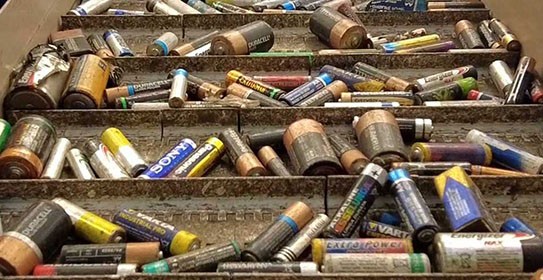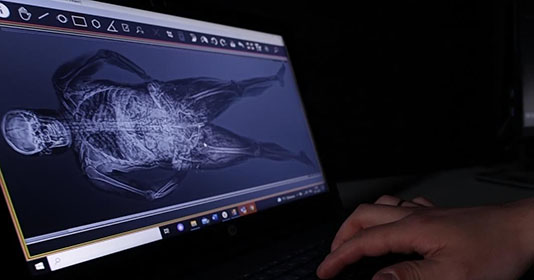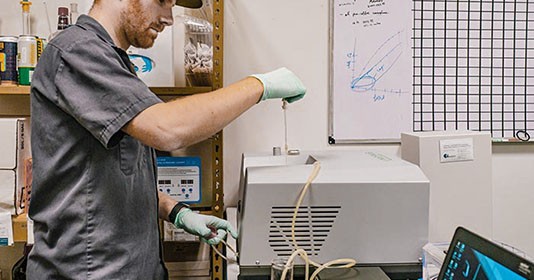
CONPASS Dual-View Body Scanners prove to be an effective tool for contraband interdiction
Virginia Department of Corrections are inundated with ever increasing issues of inmate drug overdoses and contraband entering their facilities, USA
OBJECTIVE
Correctional facilities, like Virginia Department of Corrections, are inundated with ever increasing issues of inmate drug overdoses and contraband entering their facilities. Illegal and banned items in a correctional facility cannot only mean potential danger to inmates, but to personnel as well. Staying a step ahead of the problem is the first line of defense. Due to events like these, it was necessary for the Virginia DOC to improve its ability to deter and detect contraband before – and after – it had entered the institution.
SOLUTIONS
POINT OF ENTRY. In order to combat its number of offender drug overdoses, and to prevent other contraband from entering its facilities, the Virginia DOC (VADOC) opted to install LINEV Systems CONPASS DV + DruGuard® X-ray detection machines at points of entry in several of its facilities, beginning with a pilot program in 2016 at the Greensville Corrections Center in Jarratt; a level 2-3 security location.
Following the successful pilot, VADOC ordered ten additional CONPASS DV units in 2017. Eight of those have since been successfully deployed, with the two remaining scheduled to be online in early 2019.
The CONPASS DV + DruGuard® is a dual-view transmission X-ray system for the human body that is both safe and user friendly. In addition to its standard design and reliable security, the dual-view image offers a high-resolution image of the torso – commonly the most critical area of X-ray inspection for these circumstances. The CONPASS DV provides two different angles, greatly enhancing its detection capabilities for even the smallest quantities of substances and similarly small smuggled items.
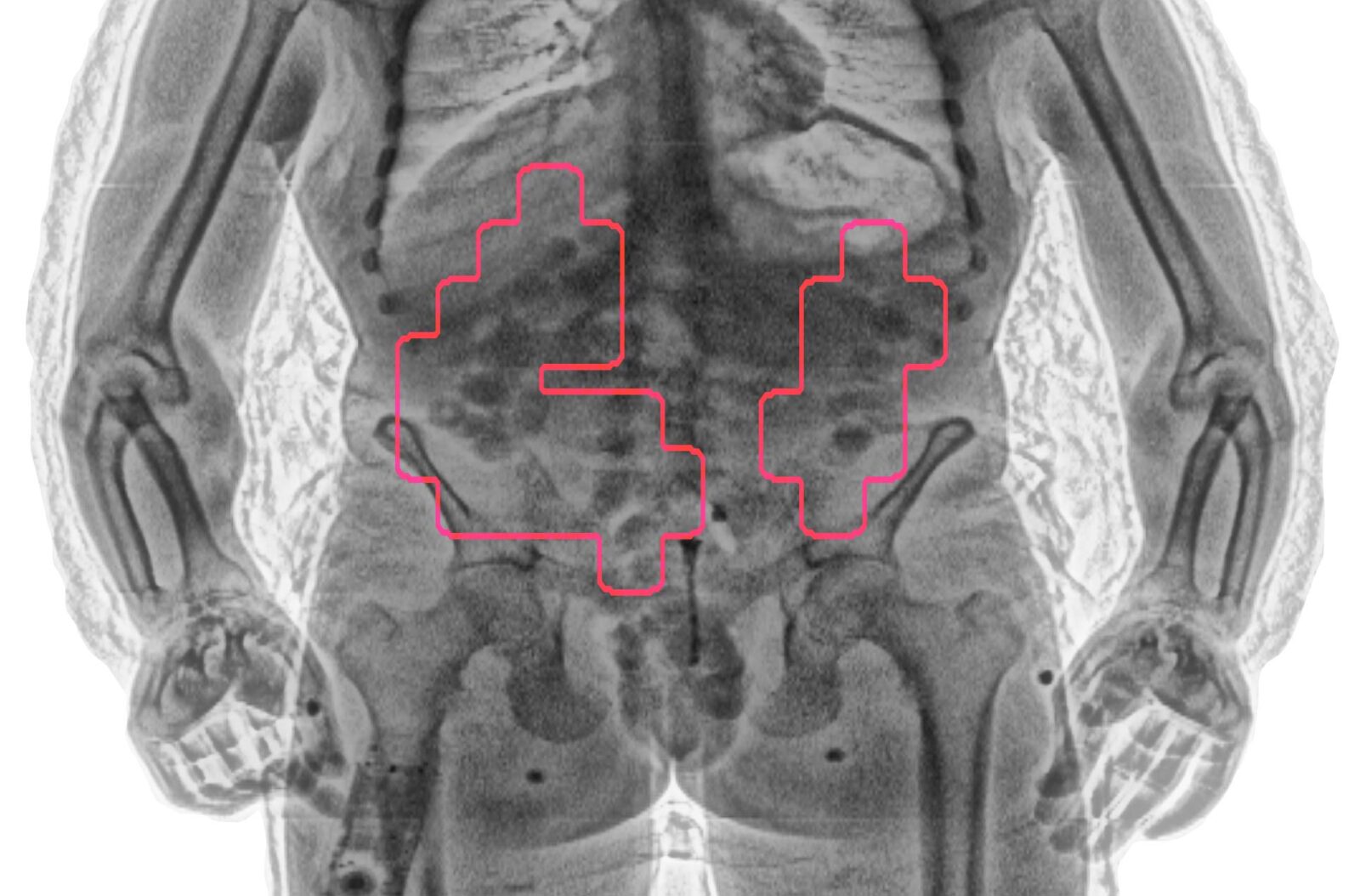
“We had a combination of offender drug overdoses and contraband entering our facilities,” said Yulonda Wyche, Central Visitation / Offender Drug Testing Manager, Virginia Department of Corrections. “The new equipment was a piece of what we’ve done differently to combat our contraband issue.”
Visitors and staff at the locations are now routinely scanned, and the machines also provide VADOC with an option it didn’t have prior to the system installation – the ability to scan an inmate in the event there is probable cause.
Wyche said installation of the equipment went smoothly and LINEV Systems worked with the facilities to ensure the best use of space in search rooms. Staff were also trained on use of the systems, and the software operating the units was customized to the specifications of VADOC.
“I will say the support relationship we have with the company rep has been phenomenal,” Wyche said. “It’s a benefit that it’s customizable. There are some additional needs that we have that we’re currently working with LINEV Systems to meet.”
While VADOC does not yet maintain empirical numbers about how many items have been prevented from entering facilities, Wyche notes perhaps the most beneficial aspect of the system has been that fewer items are even attempted to be carried through.
“I definitely would recommend the use of the body scanners because it has been beneficial, not only in detection, but a lot of times in deterrence,” she said. “Sometimes, we can stop things in a proactive nature just because an item or process is being implemented. You will have people recognize there’s a process in place and turnaround and change their mind.”
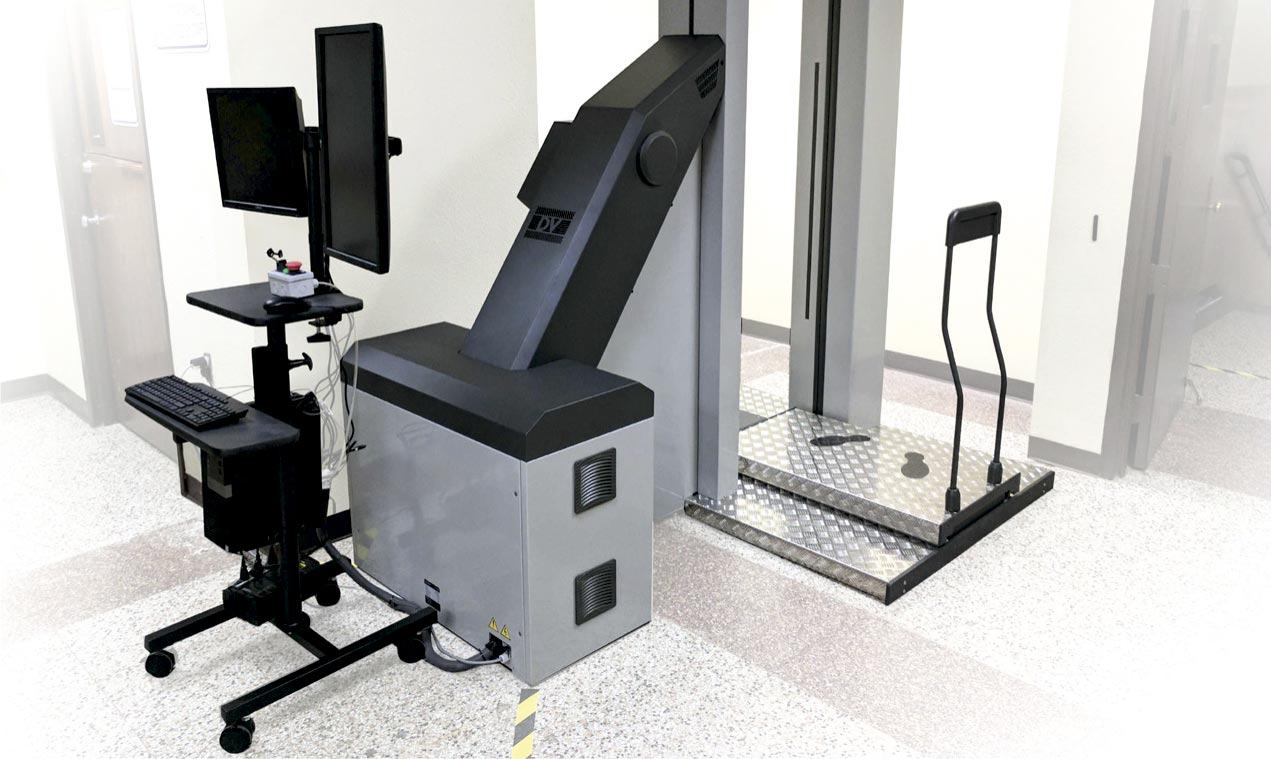
INSIDE THE FACILITY. Unfortunately, contraband does occasionally penetrate a facility’s foremost defenses. Officials typically combat this issue through routine, random or warranted searches of offender cells and belongings. In these cases, the primary place for concealing illegal items is the inmate’s mattress.
VADOC had previously utilized a standard checkpoint-style X-ray system to assist in searches, but the units were not easily maneuvered. In addition to being difficult to relocate, the units took quite some time to restart, and then required recalibration after they were moved, which further delayed the scanning process.
In 2017, VADOC opted to upgrade the mattress scanners at its Greenville location, bringing in eight BV M.A.X. scanners from LINEV Systems, Inc. The BV M.A.X. is compact and mobile, allowing for quick, effective, contact-free inspection of mattresses and personal property. The BV M.A.X. fits through most standard doorways and was specifically designed for contraband detection in detention and correctional facilities.
Since the initial deployment in 2017, VADOC has added an additional four LINEV Systems BV M.A.X. scanners to its facilities.
Wyche said the portable nature of the BV M.A.X. makes them extremely advantageous. “The mattress scanners have been a great benefit because they’re smaller and more portable as opposed to the larger X-ray scanners we were using in the past,” she said. “We utilize these the most when we’re conducting cell searches or mattress shakedowns in our facilities. The convenience of it being lightweight and the portability of it, to be able to carry it from one pod to another without having to totally recalibrate it, has been a plus.”
The BV M.A.X. can scan more than mattresses, as well. Wyche points out they are also great for scanning laundry bags or commissary bags, which can sometimes be used for hiding contraband. 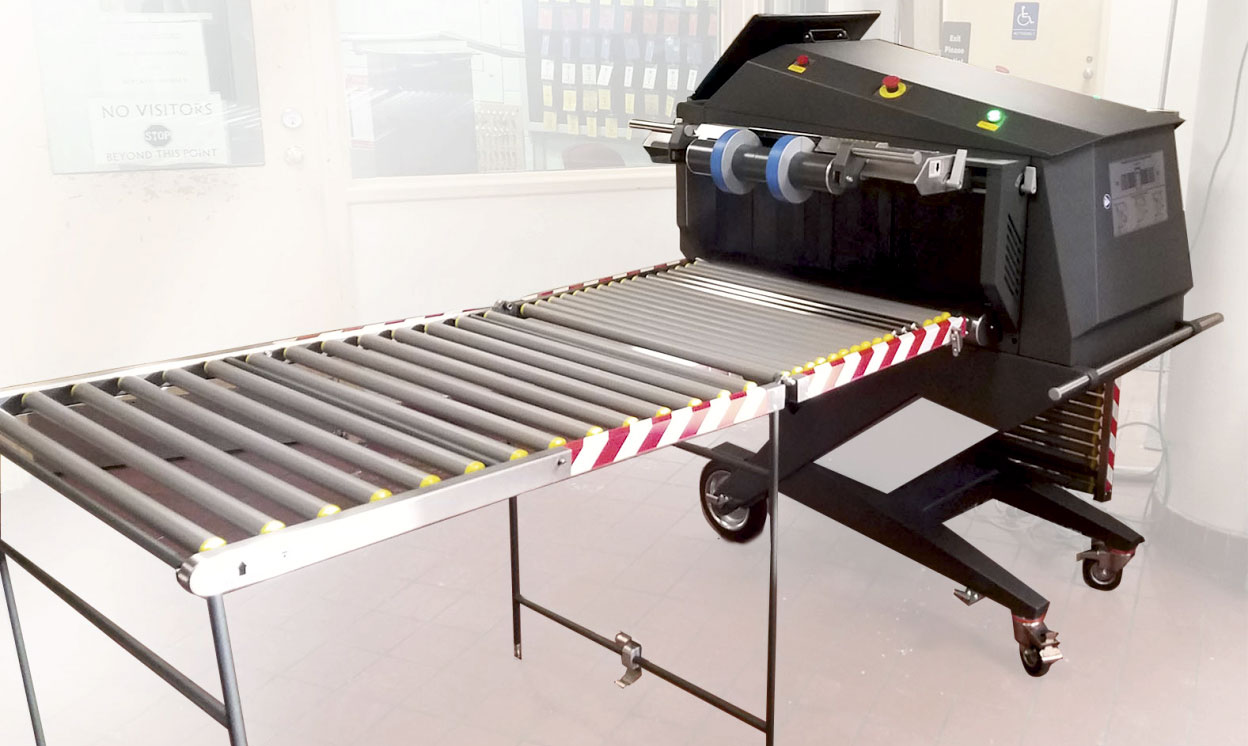
CONCLUSION
Preventing, controlling and eradicating contraband in detention and correctional facilities is not a new problem, but it’s being met with new solutions.
The Virginia Department of Corrections wanted to enhance its abilities to combat the issues of illegal and unwanted items entering and existing within its statewide facilities. It chose to implement the LINEV Systems CONPASS DV + Druguard X-ray detection system and the LINEV Systems BV M.A.X. portable mattress scanners.
Both have had a positive impact for VADOC, deterring visitors from entering facilities with contraband and helping detect it when they do. Importantly, keeping these items away from inmates not only maintains order, but helps keep employees and staff safer.


